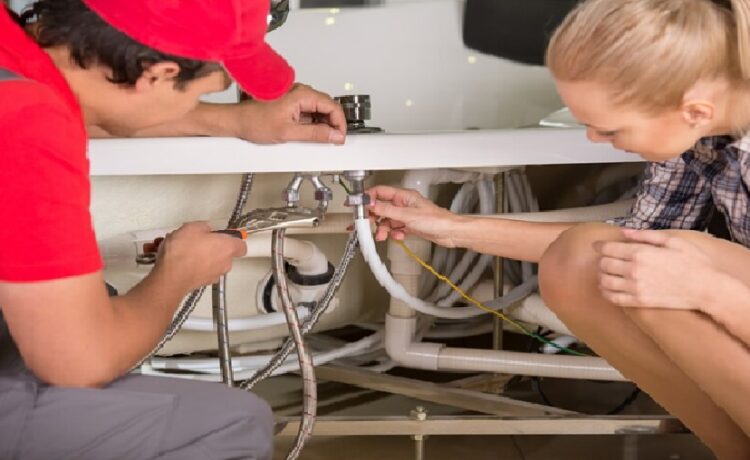Plumbing installations in new homes are critical for ensuring comfort, functionality, and long-term durability. Proper planning and execution can significantly enhance the overall quality of life for homeowners while minimizing potential issues down the road.
Understanding New Home Construction Plumbing Requirements
In new home construction, plumbing installations serve as the backbone of the property’s infrastructure. From ensuring adequate water supply to efficient drainage systems, every aspect must be meticulously planned to meet building codes and homeowner expectations.
Choosing the Right Plumbing Fixtures
Selecting the appropriate plumbing fixtures is crucial for both aesthetic appeal and functionality. In bathrooms, tub installation is a key consideration that requires careful planning. Opting for high-quality tubs that complement the bathroom design ensures seamless integration with the overall aesthetic of the home.
Factors Influencing Tub Installation
Several factors influence tub installation in new homes. The size of the bathroom, layout preferences, and plumbing logistics play pivotal roles in determining the most suitable tub type and placement. Freestanding tubs, corner tubs, and alcove tubs each offer unique advantages depending on space availability and design objectives.
Plumbing Layout and Design
Efficient plumbing layout and design are essential to avoid future complications. Professional plumbers strategically plan the positioning of pipes and fixtures to optimize water flow and minimize energy consumption. This careful planning ensures that all plumbing components work harmoniously to deliver consistent performance.
Integration with Modern Technology
Modern advancements in plumbing technology offer homeowners enhanced convenience and efficiency. Smart plumbing systems can monitor water usage, detect leaks, and adjust water temperature remotely, providing both comfort and cost savings. Integrating such technology during the initial plumbing installation phase enhances the home’s value and appeal.
Ensuring Compliance with Building Codes
Adhering to local building codes and regulations is non-negotiable in new home plumbing installations. Building codes dictate the minimum standards for plumbing systems, ensuring safety, reliability, and environmental responsibility. Compliance with these regulations not only avoids legal issues but also guarantees the longevity of the plumbing infrastructure.
Importance of Professional Installation Services
Engaging professional plumbing installation services is highly recommended for new home constructions. Experienced plumbers possess the expertise to handle complex installations, ensuring precision and efficiency. Their knowledge of local regulations and industry best practices minimizes risks and ensures that all plumbing installations meet high standards.
Water Efficiency and Sustainability
Incorporating water-efficient fixtures and technologies is crucial for sustainable new home plumbing installations. Low-flow faucets, showerheads, and toilets not only conserve water but also reduce utility bills for homeowners. Sustainable plumbing practices contribute to environmental conservation efforts while promoting long-term cost savings.
Maintenance Considerations
Regular maintenance is essential to prolong the lifespan of plumbing installations in new homes. Scheduled inspections, leak detection services, and preventive maintenance routines help identify potential issues early, preventing costly repairs and disruptions. Educating homeowners about proper plumbing care ensures optimal performance and peace of mind.
Conclusion
Meticulous planning and attention to detail are paramount in new home plumbing installations. From tub installation considerations to sustainable practices and compliance with building codes, every aspect contributes to the overall quality and functionality of the home. By prioritizing professional expertise, modern technology integration, and sustainable practices, homeowners can ensure a robust plumbing infrastructure that enhances their living experience for years to come.













